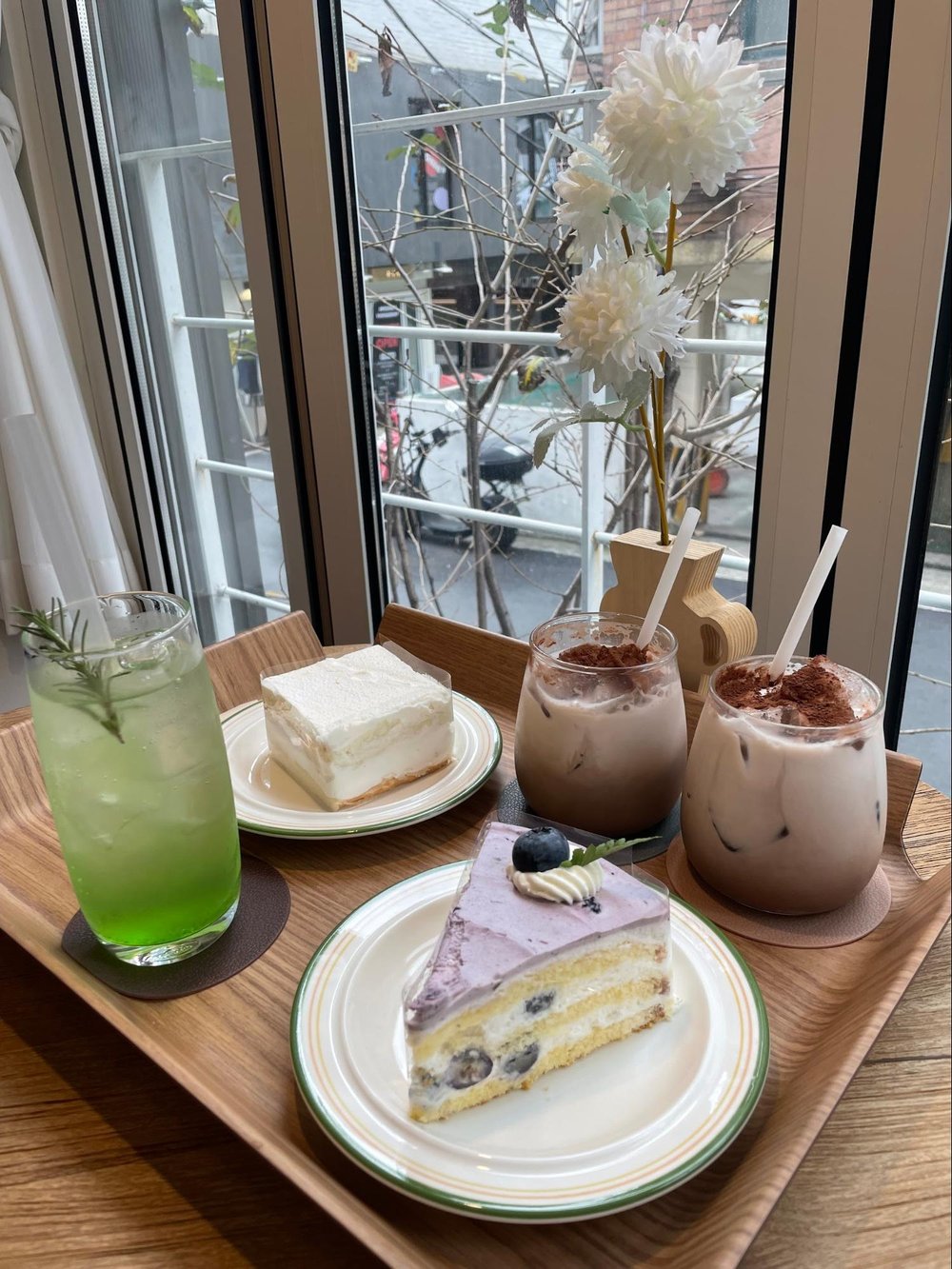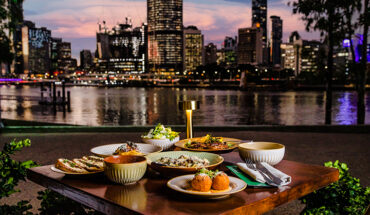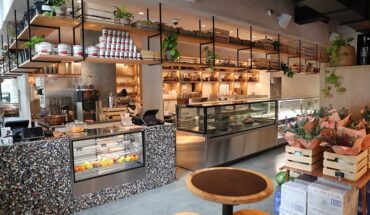If you’ve ever taken a sip of coffee and thought “that’s way too bitter,” while your mate describes the same cup as “perfectly smooth,” you’re not alone. A recent study has shone new light on the mystery behind why coffee tastes different to different people – and local Brisbane cafés are at the heart of it.
This isn’t just about coffee beans or barista skills. It turns out our genes, environment, and even mood all influence how we taste coffee. Let’s explore what’s really going on behind that morning brew – and what cafés in Brisbane are doing to cater to our diverse palates.
Genetics: It’s Not Just in Your Head (It’s in Your DNA)
According to research published in Scientific Reports, some people are genetically predisposed to taste bitterness more intensely. The study found that people with certain genetic markers in their TAS2R38 and TAS2R43 genes detect bitter compounds – like caffeine – at much lower levels.
In other words, if you find espresso overwhelmingly bitter, it could be your taste buds doing exactly what they’re programmed to do.
This also helps explain why someone else might find that same coffee smooth and chocolatey. They may be genetically less sensitive to bitterness, allowing other flavours to shine through.
To learn more about how genetics affects taste, this comprehensive article from Healthline breaks down the science in layman’s terms.
Brisbane Baristas on the Frontlines of Flavour

In the heart of Brisbane’s bustling coffee scene, local cafés are taking these findings seriously. Places like Blackstar Coffee Roasters
in West End and John Mills Himself in the CBD are experimenting with brewing techniques and bean origins to accommodate varying taste perceptions.
Alex, a barista at Blackstar, says:
“We’ve started offering more single-origin brews with fruity and floral notes for those who are more sensitive to bitterness. At the same time, we still stock bold, dark roasts for traditional espresso lovers.”
It’s all part of a growing trend toward personalised coffee experiences, something Brisbane’s café scene is embracing with open arms.
Want to explore more of Brisbane’s top cafés? Check out our guide on the best coffee spots in Brisbane this spring-summer.
Brewing Methods Matter More Than You Think
While genes set the stage, brewing methods are the director of your coffee experience. French press, pour-over, and espresso all extract different compounds – and bitterness levels vary accordingly.
Espresso, with its pressurised extraction, tends to draw out more bitter compounds – especially if over-extracted. In contrast, a cold brew, which is steeped for 12–24 hours in cold water, produces a naturally smoother, less acidic cup.
That’s why cafés like Pablo & Rusty’s are investing in different brewing gear and barista training, ensuring they can tailor the coffee experience depending on the customer’s preferences.
Want to know which brewing method suits your taste? We’ve broken it down in our article on how to choose your perfect coffee brewing method.
The Role of Milk, Temperature, and Timing
Bitterness is also influenced by what you add to your coffee. Milk, for example, can significantly reduce perceived bitterness by coating the tongue and adding natural sweetness through lactose.
Temperature matters too. A hot cup of coffee might taste more bitter than the same coffee served at a cooler temperature. That’s why many cafés now offer iced lattes and cold brews as a less bitter alternative during the warmer spring-summer season.

Timing also plays a role. Drinking coffee on an empty stomach or when you’re particularly stressed can make it taste sharper and more bitter. That’s because cortisol levels – your stress hormone – impact how taste receptors work.
Coffee Culture Down Under: Why Aussies Love Choice
Australia’s coffee culture is known globally for its sophistication. And it’s not just about the flat white anymore. From turmeric lattes to oat milk cold brews, there’s something for everyone – and cafés are getting creative to meet diverse taste preferences.
According to an IBISWorld report on cafés and coffee shops in Australia, Australians are seeking more than just a caffeine fix – they want a customisable and elevated experience. And bitterness perception plays right into this trend.
Tips to Reduce Bitterness in Your Brew
If you’re among the many who struggle with bitter coffee, here are a few quick tips to smooth things out:
-
Choose lighter roasts: These tend to be less bitter and more acidic, highlighting fruity or floral notes.
-
Grind coarser: Over-extraction from fine grinds increases bitterness.
-
Try a different brew method: Cold brew or pour-over might be your new best friend.
-
Add a dash of milk or a pinch of salt: Yes, a small pinch of salt can neutralise bitterness without altering the flavour significantly.
-
Go for specialty beans: Brisbane cafés are packed with beans from micro-lots and ethical growers, often roasted with flavour nuance in mind.
The Bottom Line: Taste is Personal
So, why does coffee taste bitter to some and not others? It’s a beautiful blend of science, genetics, brewing methods, and even mood. Brisbane cafés are tapping into this knowledge, offering a more thoughtful and inclusive coffee experience.
Whether you’re sipping a rich Ethiopian single origin in the Valley or enjoying a chilled flat white riverside at South Bank, one thing’s for sure – coffee in Brisbane is no longer one-size-fits-all.
Craving more insights on coffee trends? Don’t miss our piece on spring-summer 2025 café and beverage industry insights.




